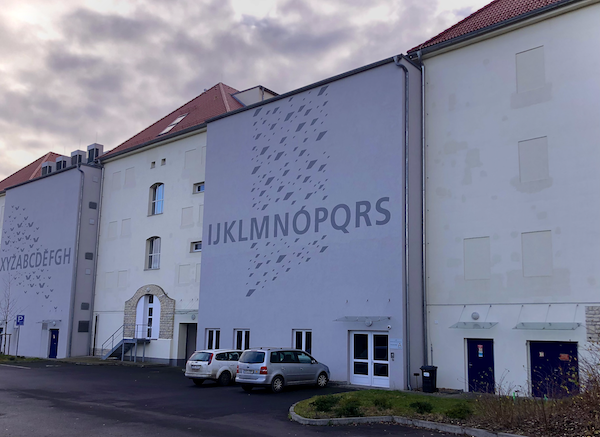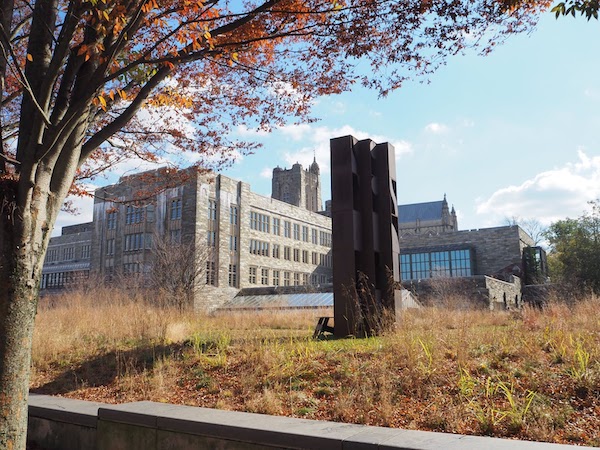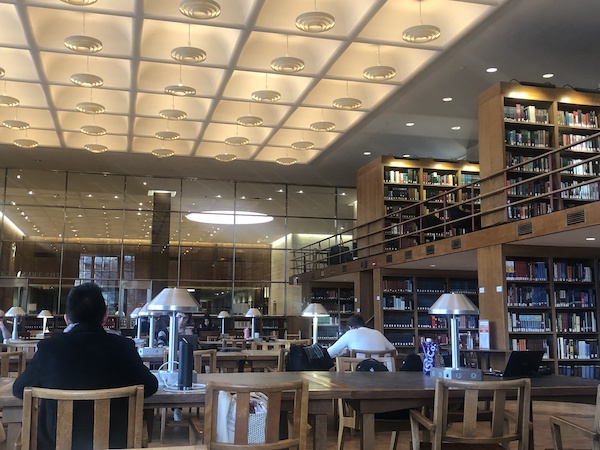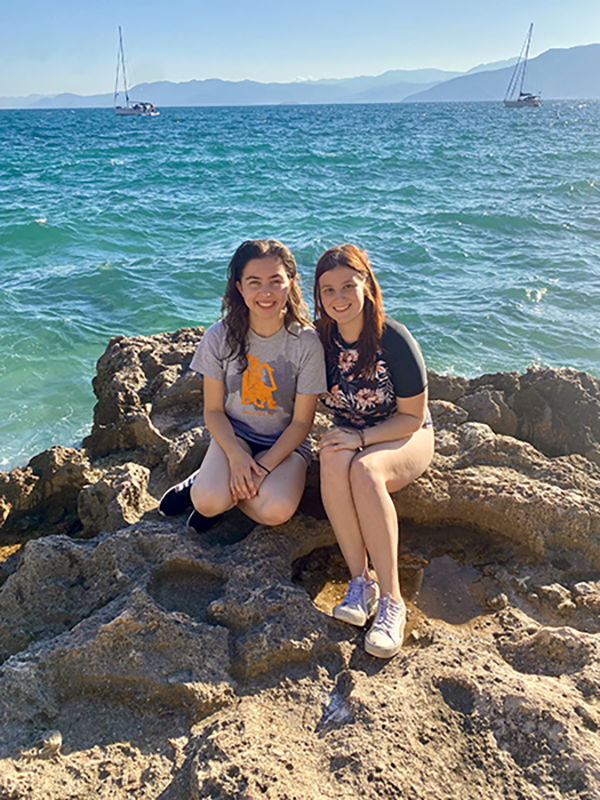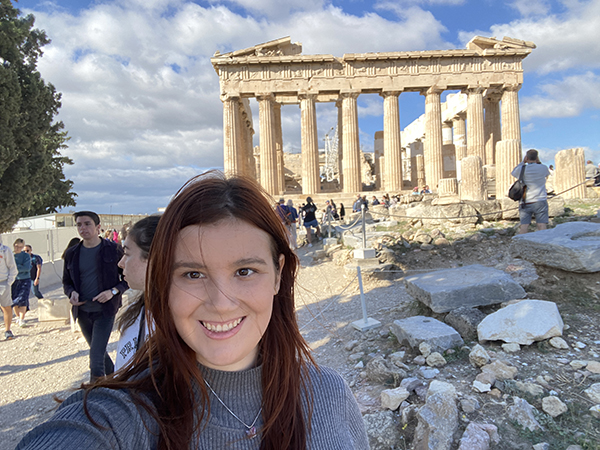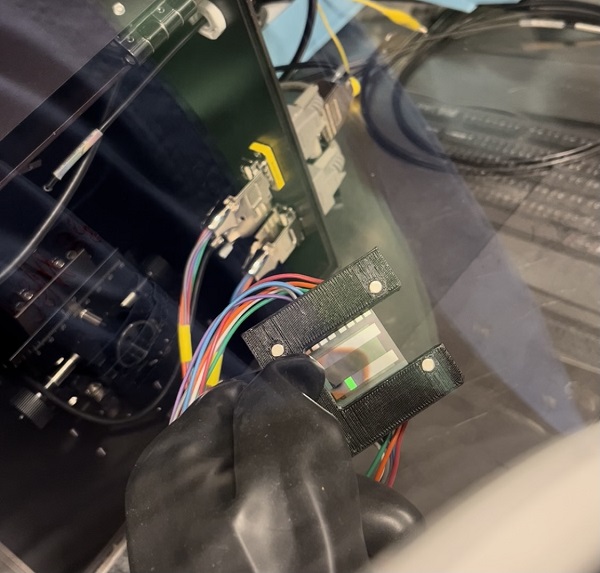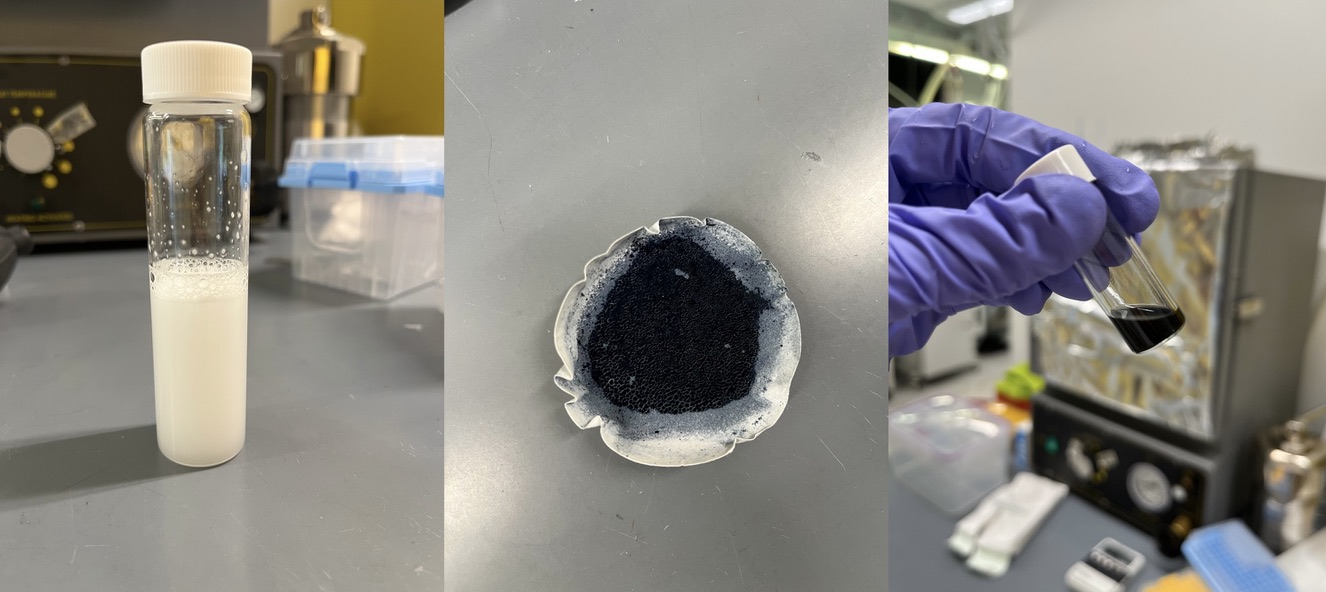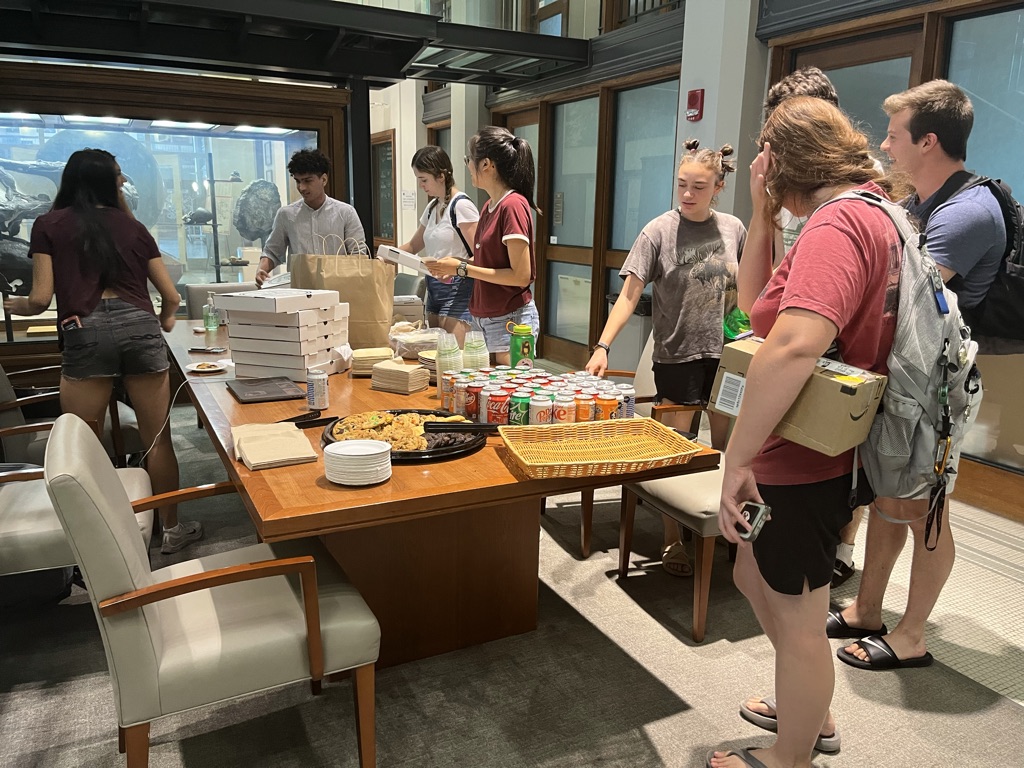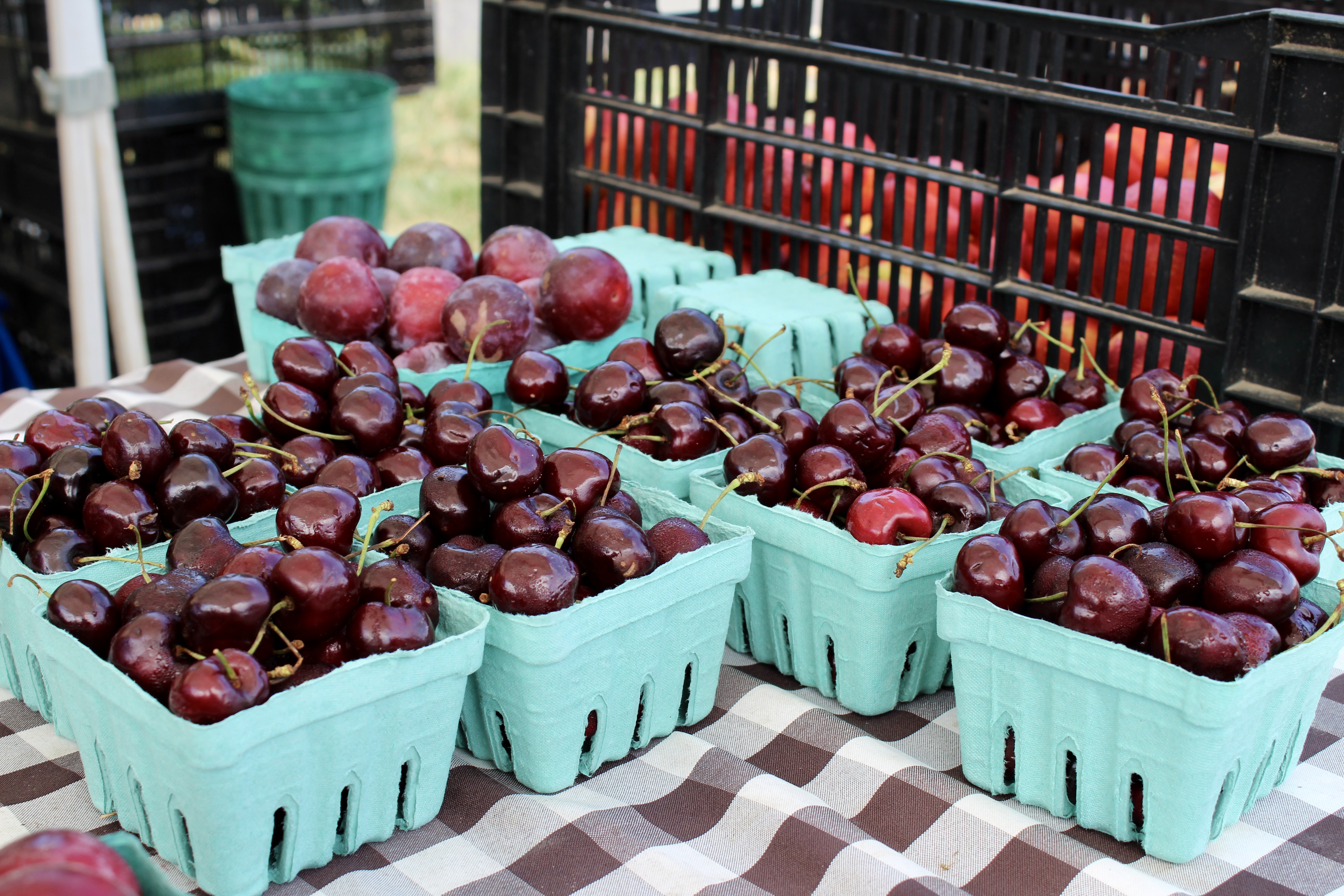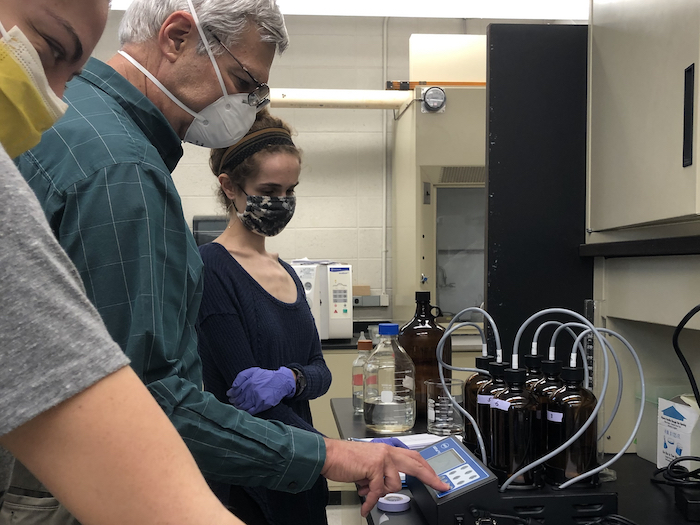Princeton professors are incredibly willing to take the seed of a research idea and help make it into a full project. Near the end of last summer, I proposed an independent study project to Professor Barry Rand, whose lab I'd been working in during the summer. I wanted to do some type of analysis about the potential for rooftop solar energy in the U.S., but I didn't have a fully formed idea. When I asked to speak with him, I wasn't sure if he would think my idea had any merit, and I wasn't confident he'd take me on as an independent study student for the fall. When I proposed my idea, though, he was enthusiastic and encouraged me to pursue it. He pointed me towards the Google Project Sunroof database, which became the main dataset upon which I based my analysis.
Throughout the summer and fall, I carried out my project as an Independent Study course, with input from Professor Rand and Professor Wagner to guide me. As my project took shape, I asked Professor Rand if he thought I could present my work at an academic conference. I was looking to share my work to others, and I wanted to see what other types of solar research were happening. He suggested the IEEE Photovoltaic Specialists Conference. I checked out the website and saw that last year's conference was held in Philadelphia, and that the 2023 conference would be in... Puerto Rico. A bit farther away! This conference looked like the right fit for my research, but who would pay for me to go?
Fortunately, when students have a vision of an independent project they'd like to pursue, Princeton will truly make the funding for it available. I logged into the Student Activities Funding Engine (SAFE) to see what I could find. After inputting some information about my project, several options popped up. One of them seemed ideal: the Undergraduate Fund for Academic Conferences. (Who knew there was a fund specifically for undergraduates going to academic conferences?) I filled out a short application form detailing my project and planned itinerary. Several days later, I heard back—I'd been awarded a grant! The grant would cover half of my travel expenses. I then returned to SAFE to search for funding for the other half. I decided to apply for independent project funding from the Andlinger Center for Energy and the Environment. Again, after a short wait, I received notification that I would be awarded the funding that would cover the other half of my expenses. After I return from Puerto Rico, I'll submit a short report about my trip to each office telling them what I learned and gained from the experience.
Princeton ascribes a high value to undergraduate original research, so they really make funds available to students to pursue their research and the experiences that will enrich it, like conferences. I was surprised and pleased at how straightforward the process was to secure funding for the opportunity to present my work, and I'm really looking forward to it. I'm incredibly grateful that Princeton sees the value in making it possible for students to travel and gain greater context and insight about their research fields. Look out for a blog post this summer about the solar conference!







